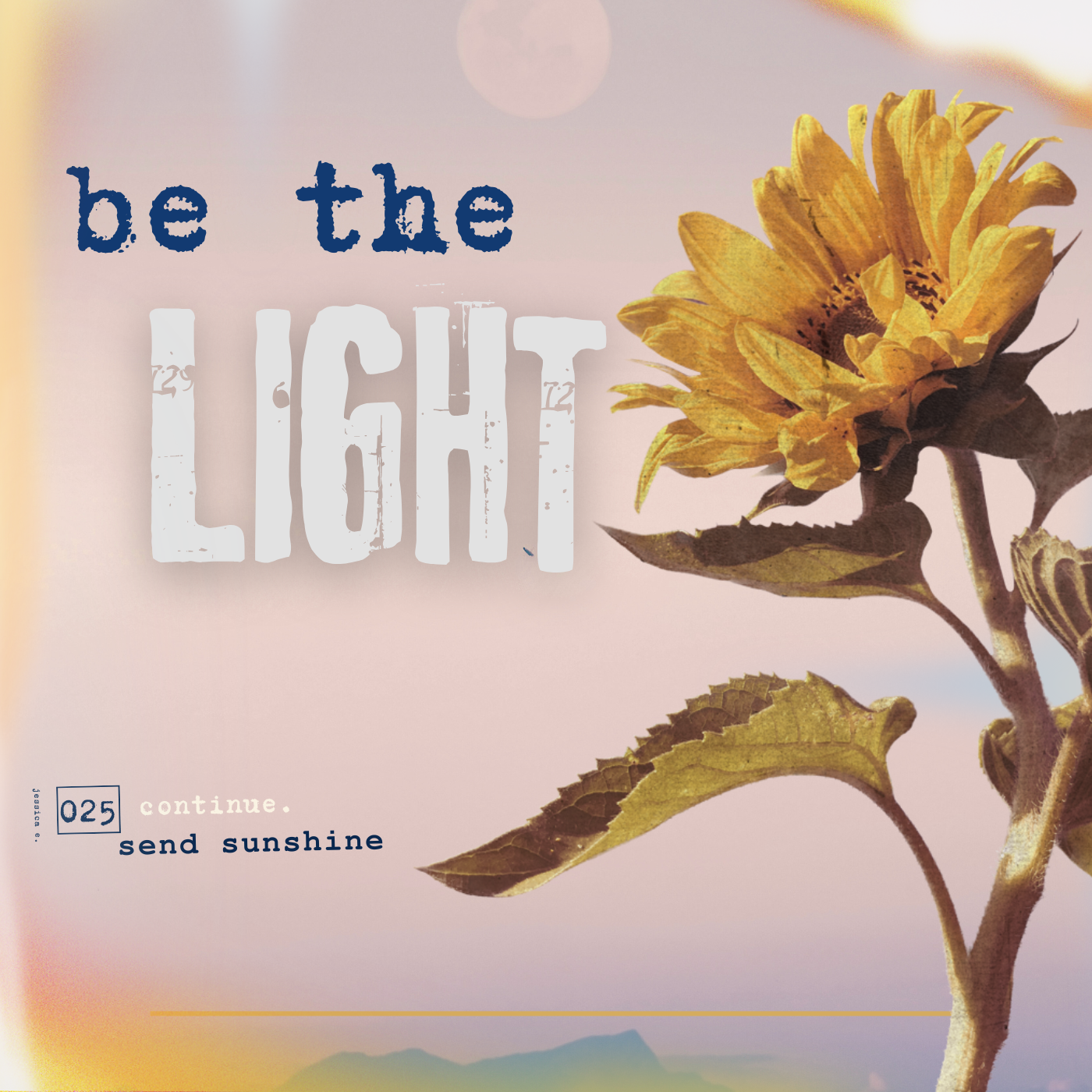The ranger Catherine has introduced herself to the two half-orcs and found out that they are all from the city of Renown though they do not recall her face nor she theirs. They stand on a well-travelled track overlooking the great drop to the sea as the red sun inches higher, revealing itself to be a larger sun than they are accustomed to (or one they are closer to?) That it is rising instead of falling reveals that what they thought was dusk is instead dawn and the direction they had just pegged as East has become West, and North has become South. Are they in another part of the world? Or a different world altogether?
They stand barefoot, adorned in nothing but robes, each holding a compact sword in a heat they would normally associate with an unusually hot summer afternoon.
Eyeing the raised stronghold in the distance they realize there is perhaps some festival taking place as a gathering of bright green tents partly surround the base of the rocky hill.
They all agree they are in much need of help and the orcish pair outvote the ranger and so they head for the festival and not the walled town. En route they realize suddenly that a large tusked and trunked beast is standing still off beside the road, staring at them. Its wrinkled hide is a brownish grey much like their robes. One mentions the word elephant and the others agree that this is the name for the animal although none of them can recall ever seeing one before nor where they would have learned the word from. The beast blasts a trumpeting noise at them which the party cautiously ignores and they move on.
The green tents, they now find, are each adorned with a dog’s head icon in a slightly darker green shade. And the environment here is not busy or festive. The only sign of life are horses who wander in and out of the shelter of tent coverings devoid of side panels. From one of the more complete tents a man emerges in multi-green robe with white trim.
He is Brother Kurgan and he introduces himself and then his associates Brother Cornelius, Sister Rhianna and Brother Leotho. These are the leaders of a pilgrimage to their holy land which is still three thousand “wheels” away. They come to figure out that a wheel is roughly the same as a mile. Brother Leotho seems to be the high priest and is very impressed with the threesome of visitors commitment to their own pilgrimage as they bear nothing but a robe and sword.
He invites the party to breakfast with them where they explain that their trek began in Doxtoria and Flaurus before meeting up with Saripho and Zofo delegates respectively. They then moved on to Bakavat, then Gandolin where the Ivernese, Isylls and Islandians joined in and where Brother Leotho began his turn at the helm.
They are camped at this monastic temple of Osiris for several days garnering support (and numbers) from their hosts: food, supplies and support in terms of maintenance and health. Afterward they will proceed east through (or around, as per scouting and acquired advice) the villages of Libja, Cricketsong and Foxtangle, then a night or two in the city of Two Lions, then onward to White CIty and then through the remote reaches of the Verge and on to their destination in Osiriland.
The party reveals the truth about their strange appearance here; a kidnapping it seems to them, in this land referred to as The Verge; a borderland which separates Demonland from the Azure Sea.
They learn that they are in a “world” that is sometimes called Itaania which is separated by The Great Sea from the West World (sometimes called Maalia) and that both worlds reside on the “great orb” called Minerva.
Leotho reveals that claims of visitors coming from another world altogether; another great orb, are not unheard of and that he considers these claims possible and does not disbelieve their tale. He has never heard of a place called Renown nor any of the other places or landmarks the party relates to them.
The brothers and sisters of Osiris give them gifts of clothing, belts and footwear and a special magic cup studded with many ornamental (non-precious) stones, each coloured clear, blue or green. They’re told it can be used to purify water and warned that pure water is rare here and there are many dangers: fecal or saline contamination, some common diseases including a “desert” disease revealed by a green tint in the eyes, and something called “radio mutation.”
With regards to the inscription on their swords Leotho explains that Saint Montreal was a mortal from more than 50,000 years ago.
“In the Age of Chi, the monster Chi ruled Minerva, stole fire from the sun and set the sky aflame. He then sent great floods to kill all the most noble and heroic peoples (men and women – and elves and half-elves). These martyrs, not all of them “mogi” (human), were sainted by the gods and are the only mortal Minervans which people are welcomed by the gods to pray to. The saints are said to provide aid within their prescribed circles of influence.
He tells them that Montreal is the saint of “the abandoned.” He recommends the party may wish to pray to St. Montreal. He shows them a drawing of him. He is depicted as a man with a kindly bearded face. He also recommends prayers to Manhattan (Saint of Wanderers) and/or to Rio’Jeinero (Saint of Travelers) for help in their circumstances.
The party is invited to join the pilgrimage either as followers or just as co-travellers and told they would be given appropriate chores in order to pay their way and that they had several days to decide before the journey resumed.
They party also learned about the nearby market town called Sealedge and what times of day the gates open to allow entry and the nature of entry requirements as administered by a robust contingent of town guards.
The party decides to explore Sealedge before committing to any travel arrangements with the priests.
Wheels instead of miles is a translation taken from the Dark Tower series. Osiris is a god from Egyptian mythology. Everything else here is my own creation.










































No comments:
Post a Comment